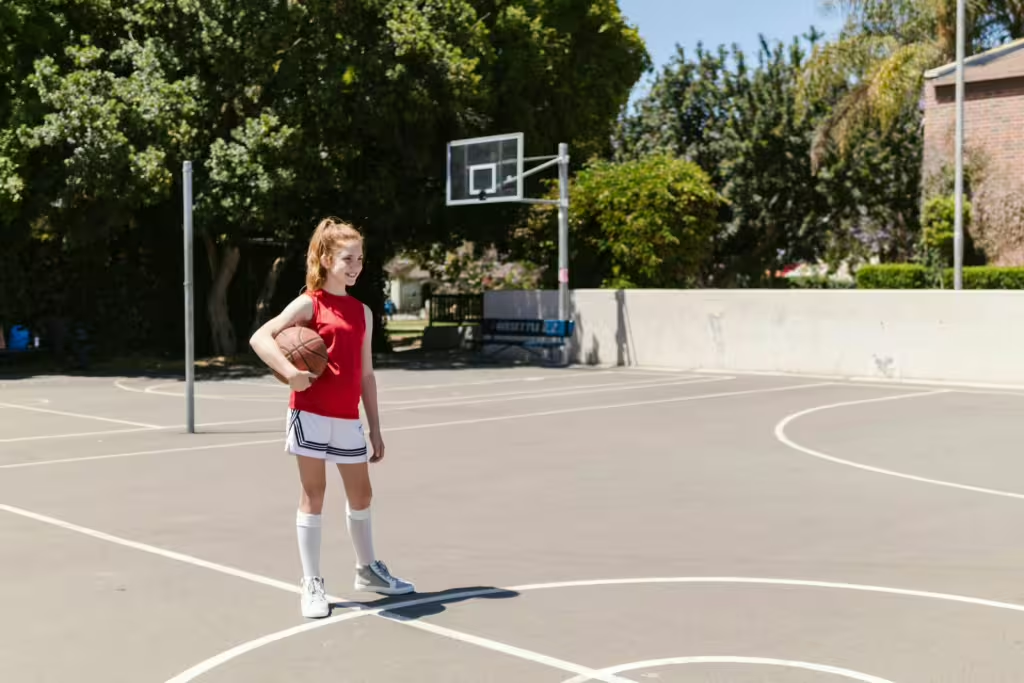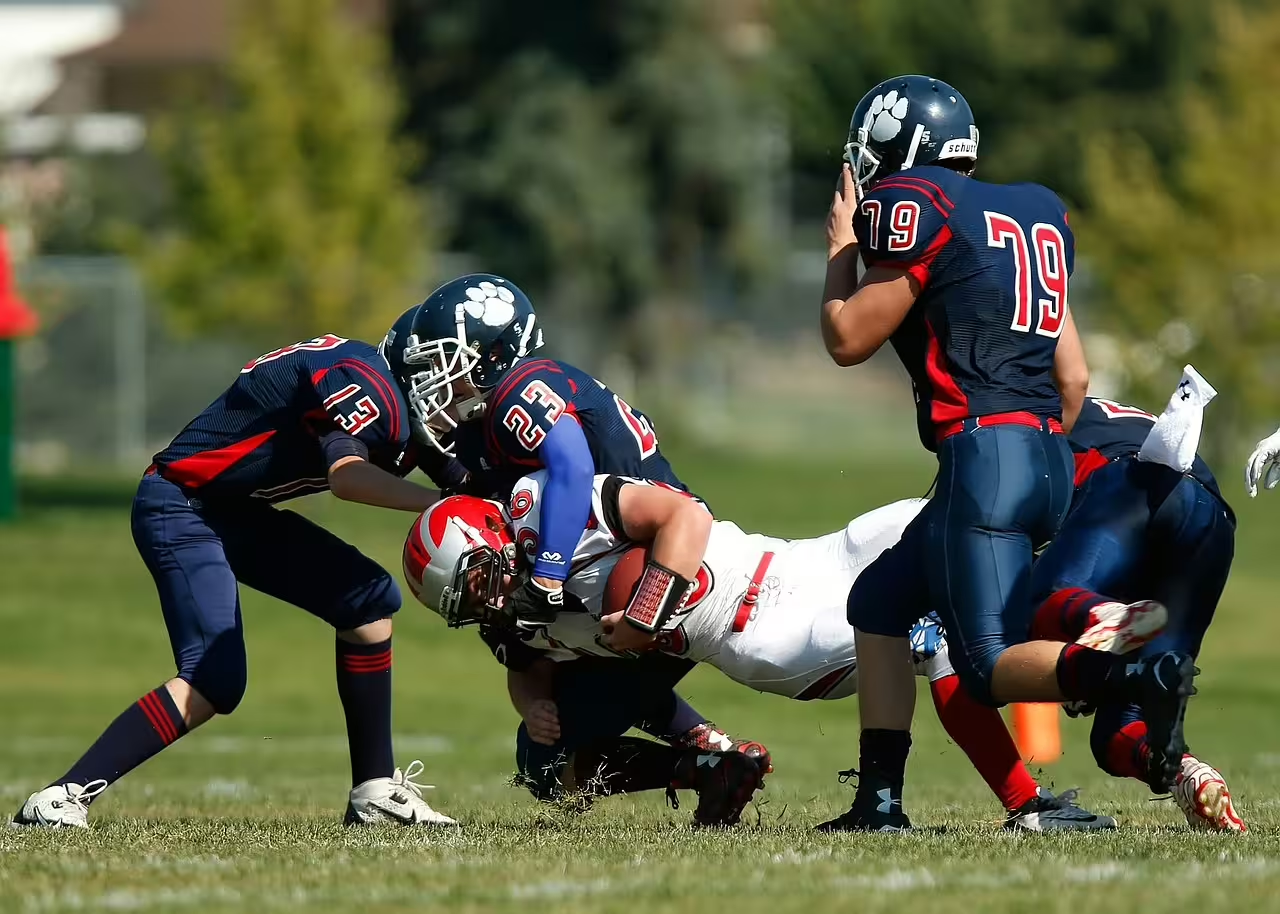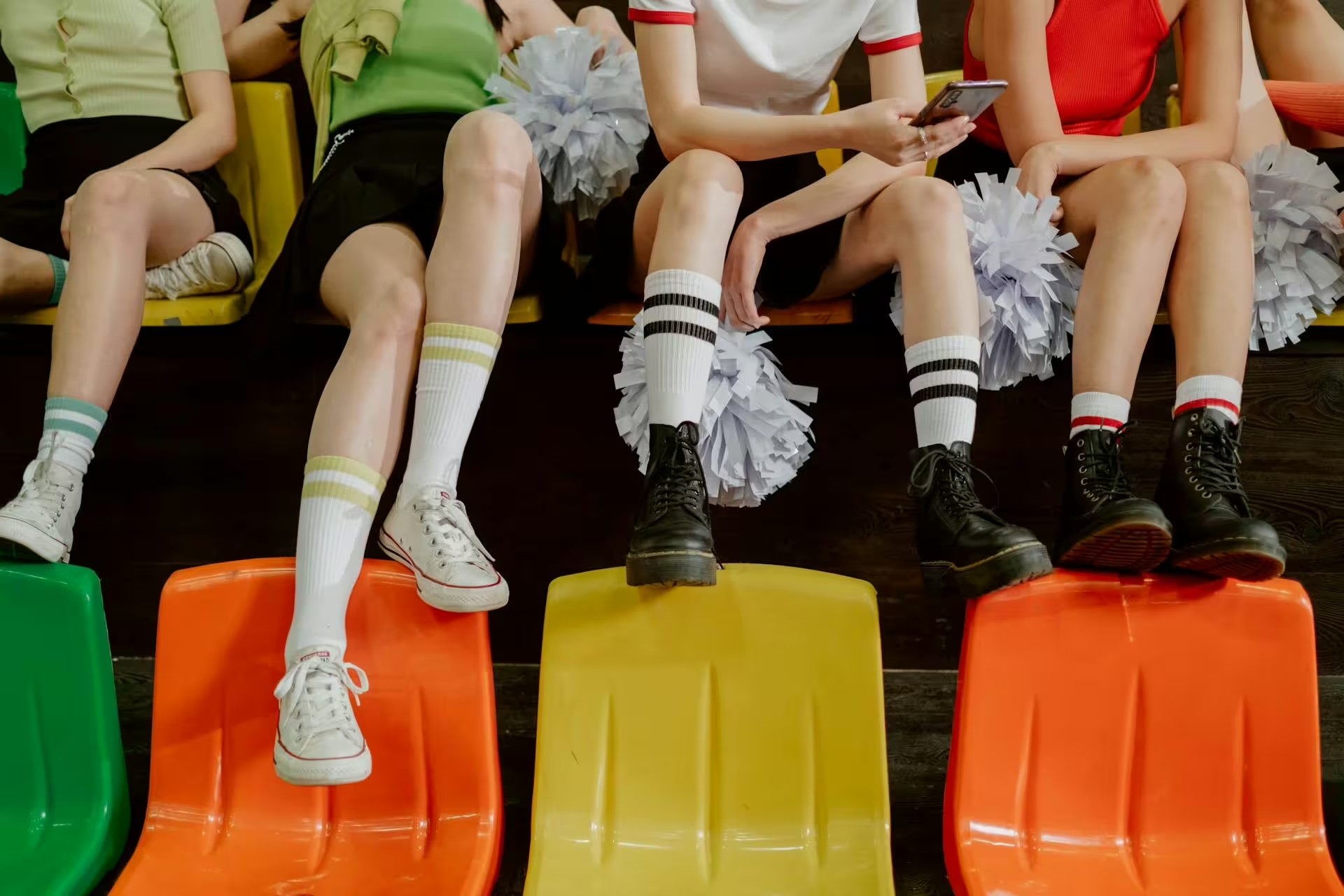If you’re a sports fan, like so many of us, than you know that one of the most exciting moments you can experiences as a parent is watching your child discover a love for sports. No matter which sport it is, seeing the joy on their little faces as they play or the accomplishment they feel when they improve something, can be quite uplifting. Yet, with each successive progression of your child’s sports ability, you may begin to wonder: Is my child ready for a more competitive sports program?
Though enrolling your child in a competitive sports program can be an exciting and rewarding experience, it can also be difficult for parents to judge when the time is right. Many times, the child themself may say that they are ready or express more interest in the competitive aspects of a sport than they had previously. The problem in this situation, is that children rarely know what they are in for when they ask for such things. Therefore, the decision to step up to a more competitive level in sports cannot be taken lightly.
The move towards higher levels of competition is not only about age or ability—it is about a combination of factors including, the child’s emotional readiness, physical development, and their long-term enjoyment of the sport. In this article, we will help parents to read the signs that indicate their child may be ready for a more competitive sports program. At the same time, we will offer guidance on how to make that important decision.
Physical Readiness
The physical development of a child plays a significant role in their readiness for more competitive sports. In youth sports, those that are meant for younger and more experienced kids, the sports themselves are less about competition than about having fun and building up the fundamental skills they need to just play the game. As children get older and move into more competitive leagues, however the physical demands become higher. Here are some physical factors that parents must consider before moving their child up:
Basic Motor Skills
For a child to participate in competitive sports, that child should have attained a certain level of mastery over their basic motor skills. These skills included everything from running and jumping, to throwing, catching, and balancing. They are fundamental to most sports and indicate that a child has the necessary coordination to compete with other, more advanced athletes. If your kid has at least developed these motor skills at a basic level, they’re that much closer to meeting the physical demands of a more competitive environment.
Endurance and Stamina
Many competitive sports programs vary in intensity, and so, they require a higher level of physical endurance than the previous, more recreational leagues. That is why parents need to consider if their child has the required stamina they will need to handle the demanding practices and games of more competitive programs. For instance, if your child tires easily during their current activities, they might not be ready for the longer practice sessions of advanced youth sports. Kids with more boundless wells of energy, however, might be up to the task; though there are other factors to consider aside from stamina.
Strength and Agility
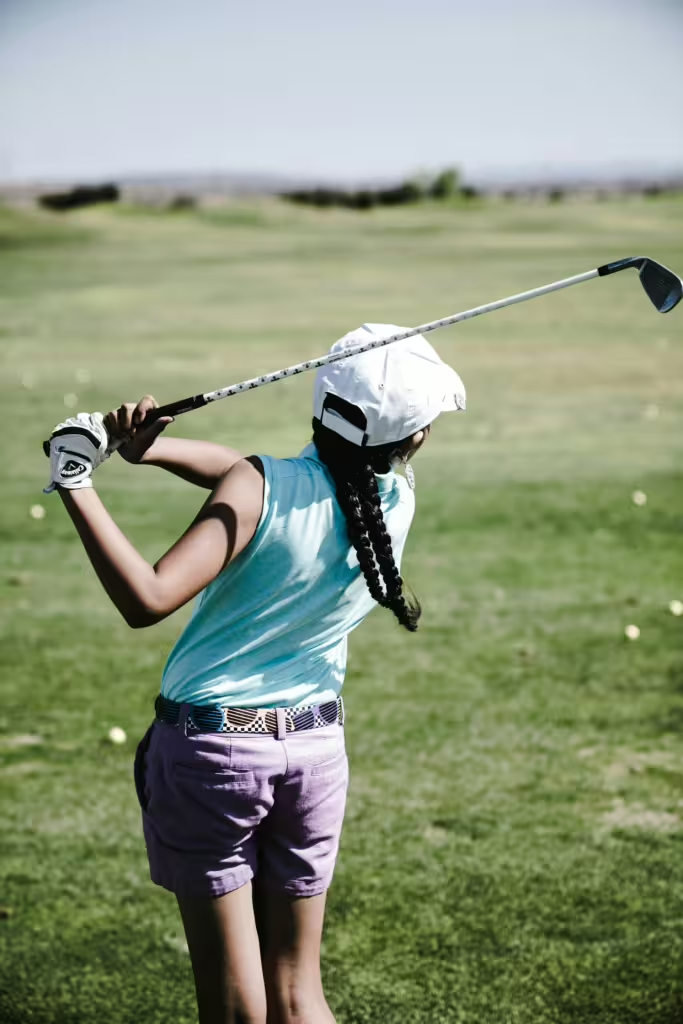
Most sports require athletes to have a combination of strength and agility in order to be competitive. Popular sports like soccer, basketball, and tennis all require bursts of speed, quick direction changes, and upper or lower body strength. That is why, kids who can run fast, change direction quickly, and maintain their core strength during their sport might be ready to more competitive levels of play.
Health Considerations
Before moving them up to the higher levels of play, it is imperative that parents assess their child’s overall health. Though we don’t always remember every facet of our middle and high school sports days, many of us can vividly recall how physically demanding they were; how tired we felt after a long practice or a hard-won victory. If the sport involves contact or intense physical activity, like lacrosse, rugby, or wrestling, that exhaustion can be even more acute.
Also, be mindful of your child’s physical limitations. For instance, if they have any pre-existing injuries or health concerns, you might want to consult with your pediatrician before enrolling them in more competitive sports. This will not only ensure they’re physically fit enough for more intense physical activity, but that they are in the right mindset as well. It’s important to note that even children with physical limitations may still be able to participate in less physically demanding competitive sports, you just need to do your research.
Skill Development
While it’s extremely important to consider your child’s physical readiness, skill development is equally crucial when it comes to determining if they’re ready for a competitive sports program.
Mastery of Basic Skills
In the beginning, kids are merely expected to learn the basics of a sport. They learn the rules, learn how to catch, kick, throw, and run. But competitive sports programs require more advanced skills and knowledge. Those skills must also be more refined and accurate. Take soccer or basketball for example, in both sports, kids need to learn ball control, dribbling, and the basic tenets of teamwork. Not all of these are easy to grasp from the onset, but if your child is consistently demonstrating proficiency in those foundational skills, they’re probably ready to meet the challenges of higher competition.
Passion and Interest in Improvement
One thing that many parents fail to consider, at least right away, is whether or not their child wants to pursue a more competitive level of sport. Does your child want to improve? Do they show interest in pushing themselves to be better? A good way to gauge this, without asking outright, is to see if they are willing to practice on their own, outside of the regular practice hours. Also, if it seems as if your kid is regularly seeking to learn more about their sport or showing interest and initiative in their skill-building, they probably need to be in a more competitive space.
Understanding of the Game
Competitive sports often require athletes to have a deeper understanding of the game. This includes things like strategy, teamwork, and decision-making. If your child has already demonstrates an understanding of the sport beyond that of their peers, or beyond even the physical aspects and basic rules of the game, they are likely looking to learn more. This might also mean that they are ready to tackle the added mental challenge that comes with more competitive sports.
Ability to Follow Directions
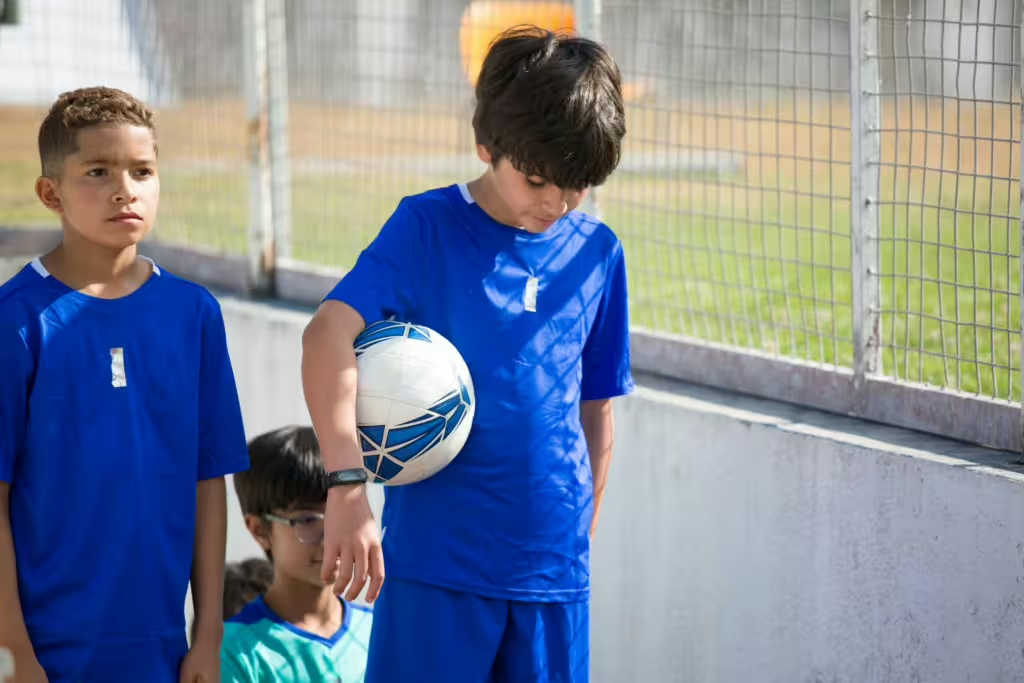
In peewee sports, coaches are mostly there to make sure no one gets hurt and to offer more general instructions and encouragement to young players. In competitive sports, however, the role is very different. Coaches at competitive levels will expect players to follow more specific, detailed instructions during practice and during a game. If your child already listens attentively, follows directions well, and can execute complex drills and strategies, that could be a good indication they are ready to enter a more focused competitive environment.
Emotional Readiness
Of all the signs that parents need to look for to determine if their kids are ready for competitive sports programs, the most important has to do with the emotional component. Surprising as it sounds, the question of emotional maturity is often overlooked, but competitive sports require a level of emotional resilience that not all children possess, especially those who play sports from an early age. Thus, parents must first assess how their child handles the emotional aspects of sports, including the pressure of performance, success, and failure, before they level them up.
Handling Wins and Losses
Winning and losing are integral parts of the sports experience and learning how to handle both is imperative at any level. When competition becomes more fierce, however, kids need to be able to push past their negativity and impulsive emotional responses to handle anything that comes their way. Whether they are facing setbacks such as losing a game, not making the starting lineup, or missing a critical shot, or winning and performing with surprising success, they need to be able to cope with grace and emotional resilience. If they are already showing such character traits, they could be ready to move on.
Dealing with Pressure
Competitive sports equal more pressure than a child has likely experienced in their lives. The fact is, some kids are better equipped to handle the pressures of peers, coaches, and competition in general, while others might need more time to adjust. If your child is in the latter group, if they have a tendency to become anxious or overwhelmed when the stakes are high, they may not yet be ready for the pressure that comes with a competitive sports environment.
Desire for Growth
A child who is emotionally mature enough for competitive sports is typically someone who has a strong internal drive. That child wants to constantly improve, learn, and grow. If your kid is one of those that will continually push their limits, learn from their mistakes, and stay committed to their own personal improvement, they could be ready to head to a more competitive sports scene.
Work Ethic and Commitment
Committed kids do much better in competitive environments than those whose hearts just aren’t in it. Remember, competitive sports programs usually require a higher level of commitment than recreational ones. This could mean more frequent practices, games, and travel. This also means more commitment on the parent’s part as well. So, if your child is not motivated to do all these things or even attend practice every week, you may want to wait before enrolling them in higher levels.
Parent Considerations
Dedication to more commitment and time doesn’t just lie with your children, it also lies with the parents themselves. We as parents must consider our own willingness to take on more personal responsibility when determining if competitive sports are the right choice for our children.
Time Commitment
Competitive sports require significant time commitments from players and parents alike. Practices may be more frequent and last longer than those your children attended when they were younger. There may also be significant travel involved for both tournaments or games. As a parent, it’s important to assess whether you and your family can realistically make these types commitments before proceeding.
Cost of Participation
Financial commitments are also a consideration, as competitive sports often come with higher costs than those your child may have done when they were younger. These costs might include higher registration fees, travel expenses, uniforms, and equipment. Before making the decision to enroll your child in a more competitive program, consider whether you are prepared to enter into these financial obligations. There are ways to offset the costs, but you need to be prepared to enact those as well.

Cultured Athlete Says…
As you can see, deciding whether your child is ready for a competitive sports program cannot be a snap decision. It requires patience, planning, observation, and preparation. Your child needs to meet certain benchmarks of physical readiness, skill development, and emotional maturity to play at a competitive level. Moreover, there are also personal circumstances and preferences to consider. As a parent, some of the most important considerations involve gauging your child’s interest, their emotional resilience, and your family’s own ability to support the time and financial commitments that are often required for competitive sports.
As always, there is no one-size-fits-all answer to this difficult question. Every child’s path is different and some may not desire to be competitive at all. That said, many children do thrive in a competitive sports environment from a young age. The trick is trusting your instincts as a parent and observing your child’s readiness; both of these are learned skills, incidentally, not innate; so don’t worry if you aren’t sure right from the get-go.
In the end, while competitive sports can provide incredible opportunities for growth, learning, and friendship, it should always be a choice that prioritizes the child’s enjoyment and well-being above all other considerations.
Discover more from CulturedAthlete
Subscribe to get the latest posts sent to your email.

